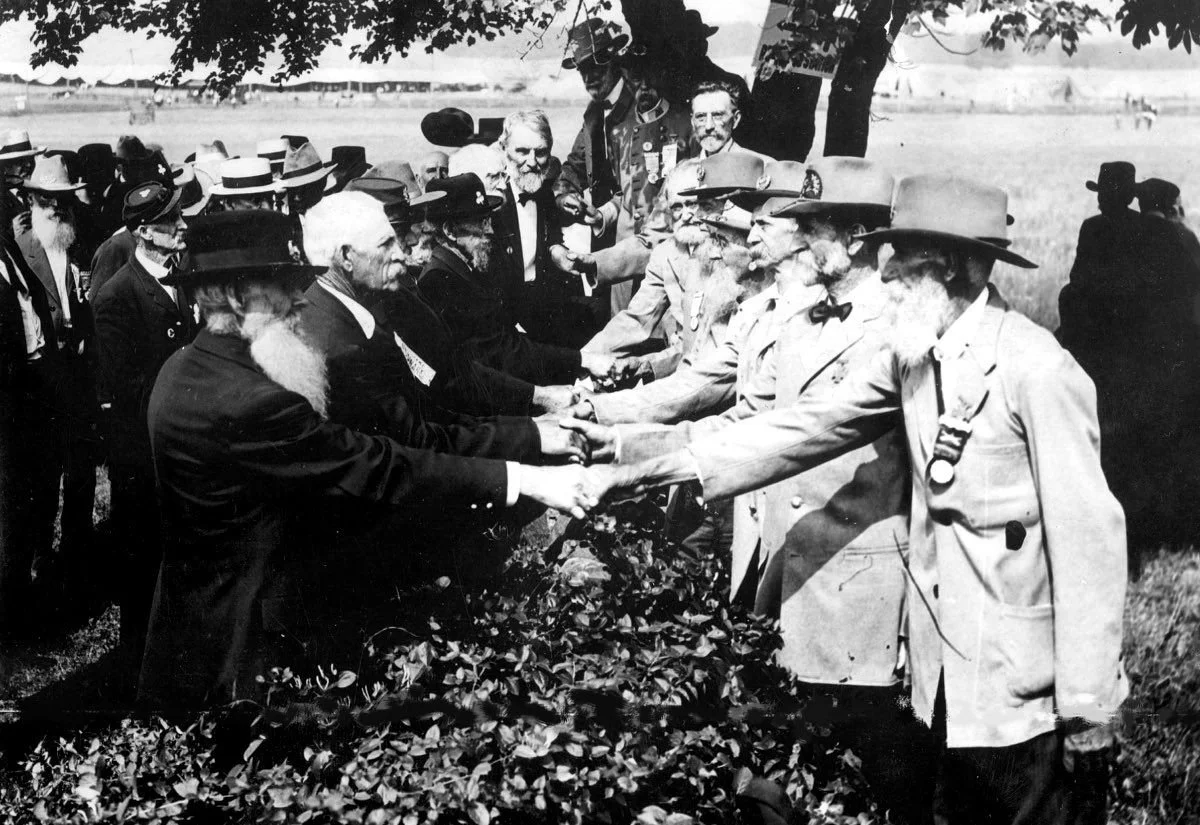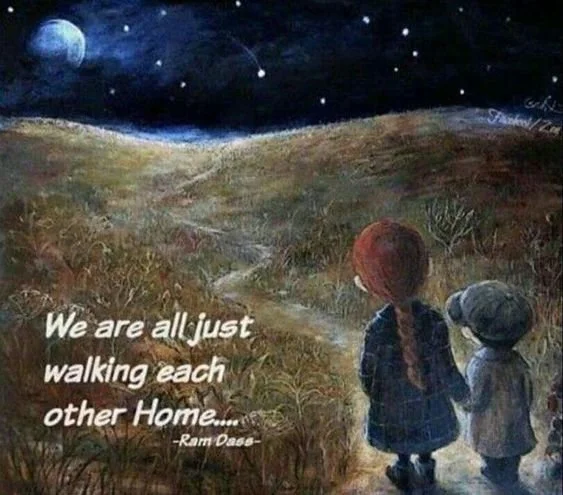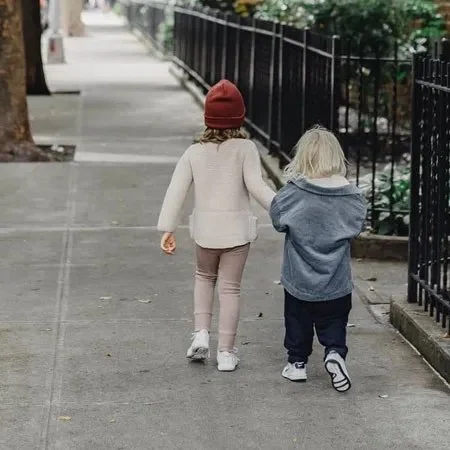Lessons from Pickett’s Brigade Reunion
“And who is my neighbor?”—Luke 10:29.
Ken Burns’ television series on the Civil War describes a remarkable scene on the fiftieth anniversary of the Battle of Gettysburg, July 3, 1913, when the remainder of the two armies stages a reenactment of Pickett’s Charge. The old Union veterans on the ridge take their places among the rocks, and the old Confederate veterans march toward them across the field below—and then something extraordinary happens. As the older men among the rocks rush down at the older men coming across the field, a great cry goes up—except that instead of doing battle, as they had a century earlier, this time, they throw their arms around each other and embrace and openly weep.
In 1914, during World War I, German, British, Belgian, and French troops in the trenches along the Western Front mingled with each other during a brief Christmas truce, even singing “Silent Night” and other carols in solidarity. Recently, we have observed something similar at World War II memorials, such as Normandy, where German, English, French, and American soldiers have wept together and shared their stories. We have also seen it when American soldiers return to Vietnam to share stories with those they once bitterly fought against.
This repeated action of shared love and story can tell us something about war. So many who have fought on foreign fields can be our strongest advocates against war. They know what they—and those who once were their enemies—have lost. They share a common life-altering experience that only someone who has been through it can truly understand.
Those in recovery of any kind also know how awful their life of obsession was before their healing from addictions to alcohol, drugs, sex, food, etc. They can relate to those who remain trapped in their addiction. Most of all, they can minister to those still suffering and offer hope that their lives can be different. They do this by sharing the story of their life in addiction, contrasted to what it is like now in recovery.
Those who have overcome mental illness can become advocates for others who suffer from this common disease. People who were once homeless can offer restorative hope to those on the street. Cancer survivors can encourage and pray for others who have been recently diagnosed, giving them strength and support.
This story goes on and on and on. We are healed as we reach out of ourselves, share our stories, and listen to sufferers in situations we know all too well. We realize “who IS our neighbor.”
Some call this becoming wounded healers.
Joanna. https://www.joannaseibert.com/





